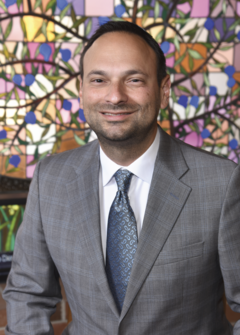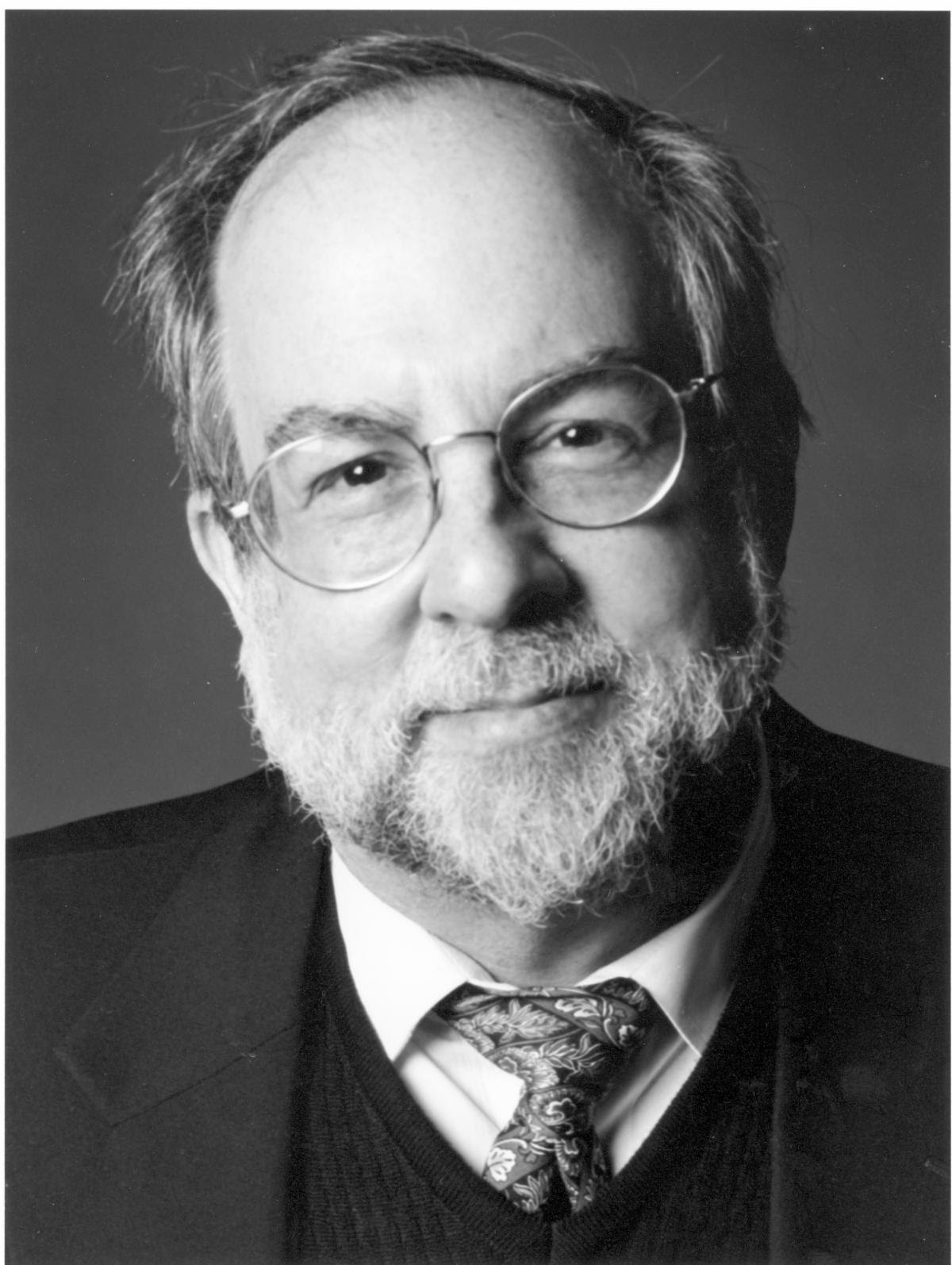- About
- Community
- Israel
-
Learn
- Our Schools
- Youth Department
- B'nai Mitzvah Program
-
Adult Learning
- Community Hebrew Program at VBS
- Hazak
- Sayva: A New Approach to Positive Aging
- EFSHAR presents The Mystical Journey: A Month of Learning
- Talking Torah with Rabbi Lebovitz
- Weekly Torah Study with Rabbi Feinstein
- Thinking Aloud with Rabbi Nolan Lebovitz
- Discovery Circle
- VBS College of Jewish Studies
- Miller Introduction to Judaism (AJU) at VBS
- VBS Book Club
- Lunch and Learn
- The Inner Life of Men
- Adult B'nai Mitzvah Program
- OurSpace: The Artistic Spectrum of Jewish Learning for Adults
- Melton School
- Harold M. Schulweis Institute
- VBS YouTube Video Archives
- VBS Digital Media Projects
- Pray
- Volunteer
- Join
- Donate
Passover 2025
Schedule of Passover (Pesach) Services
 Thursday, April 10
Thursday, April 10
- 7:30am: Morning Minyan
Fast of the Firstborn Siyyum; Rabbi Nolan Lebovitz completes the Talmudic Tractate of Yoma (On Site and on YouTube) followed by Breakfast. - 12:00pm: Deadline to Sell Chametz
- Evening: Bedikat Chametz/Search for Chametz
Friday, April 11
- 7:30am: Morning Minyan (On Site and on YouTube)
- 11:49am: Burn Chametz
- 6:00pm: Evening Minyan (On Site and on YouTube)
- Remember to use egg matzah for Hamotzi and throughout Shabbat.
Candlelighting 7:05pm
Saturday, April 12
Erev Passover, First Seder
- 9:00am: Discovery Circle with Rabbi Ed Feinstein (On Site Only)
- 9:45am: Shabbat Morning Services (On Site and on YouTube)
- 5:00pm: Evening Minyan/Erev Pesach Services (Online Only on YouTube)
- Passover Seder First Night
Candlelighting 8:02pm
Download our VBS Haggadah for your own Passover Seder >
Sunday, April 13
Yom Tov, Passover Day 1, Second Seder (Begin Counting the Omer)
- 9:30am: Passover Services (On Site and Online on Facebook and YouTube)
- 6:00pm: Evening Minyan/Erev Pesach Services (Online Only on YouTube)
- Passover Seder Second Night - Start Counting the Omer
Candlelighting 8:03pm
Monday, April 14
Yom Tov, Passover Day 2, 1st Day Omer
VBS Administrative Offices Closed
- 9:30am: Passover Services (On Site and Online on Facebook and YouTube)
- 6:00pm: Evening Minyan Services (Online only YouTube)
- 8:04pm: Yom Tov Ends
Tuesday, April 15
Hol HaMoed Pesach, Passover Day 3
- 7:30am: Morning Minyan (On Site and Online on YouTube)
- 6pm: Evening Minyan (On Site and Online on YouTube)
Wednesday, April 16
Hol HaMoed Pesach, Passover Day 4
- 7:30am: Morning Minyan (On Site and Online on YouTube)
- 6pm: Evening Minyan (On Site and Online on YouTube)
Thursday, April 17
Hol HaMoed Pesach, Passover Day 5
- 7:30am: Morning Minyan (On Site and Online on YouTube)
- 6pm: Evening Minyan (On Site and Online on YouTube)
Friday, April 18
Hol HaMoed Pesach, Passover Day 6
- 7:30am: Morning Minyan (On Site and Online on YouTube)
- 4pm: Weekly Online Torah Study with Rabbi Ed Feinstein (Online Only on YouTube)
- 6pm: Kabbalat Shabbat Services (On Site and Online on YouTube)
Candlelighting 7:10pm
Saturday, April 19
Shabbat , Passover Day 7
- 9:30am: Shabbat Morning Services Celebrating Our Adult B'nai Mitzvah and featuring the VBS Adult Choir (On Site and Online on Facebook and YouTube)
- 6pm: Evening Minyan (On Site and Online on YouTube)
Havdalah 8:07pm
Sunday, April 20
Yom Tov, Passover Day 8
- 9:30am: Passover Services (On Site and Online on Facebook and YouTube)
- 11:15am: Yizkor (On Site and Online on Facebook and YouTube) - Yizkor time is approximate
- 6pm: Evening Minyan (Online Only on YouTube)
Havdalah 8:17pm – Let there be leavened bread!
VIEW/DOWNLOAD OUR YIZKOR BOOKLET 5785
Rabbis' Wisdom
 Spiritually Cleaning the Hametz Within Our Souls
Spiritually Cleaning the Hametz Within Our Souls
It is easy to approach Passover with a complete focus on the process of physically cleaning our kitchens, ridding our homes of every particle of Hametz. For many, this process is coupled with the physical chores of shlepping boxes and bins of our Passover utensils or dishes out of the garage and into the house.
Amidst all of this physically taxing work, it can be easy to lose sight of the spiritual preparation for this celebration of our collective redemption.
The final ritual to mark the end of the process of physical cleaning is called Bedikat Hametz, which can be understood as the symbolic last checking for Hametz. Bedikat Hametz usually occurs on the evening before the first Passover Seder. Instead of using large brooms, we use a candle and a feather. Through the light of the tiny flame, we illuminate the small crevices and we remove the last crumbs in our possession.
It is through this ritual that Rabbi Yisrael Hopstein (1734-1814), also known as the Maggid of Kozhnitz, references the inner spiritual process that is necessary before Passover.
In his Hassidic work, Avodat Yisrael, Rabbi Hopstein draws a parallel between the final act of checking for Hametz, and the individual act of self-reflection and self-betterment.
We all bear the personal responsibility to check our evil inclination in the same way as checking for our Hametz.
This reflection must encompass a process beginning with the obvious issues and concluding with our most intimate thoughts. This process is the spiritual cleaning required for a Passover free of the Hametz within our soul.
It is easier sometimes to clean the mirror than to look into it and study the person who gazes back at us.
Much of the Passover Seder reminds us that freedom arrives with expectation, liberation carries with it responsibility. We chant the Four Questions of the Ma Nishtana and understand that we aspire to teach our tradition to others, and to learn the questions necessary for raising a better, brighter future. In the Four Children, we acknowledge the complexities, the different perspectives present in our families, our communities, even within ourselves.
We remind ourselves that all of them are welcome at our table. Through the four cups of wine (or grape juice) we express gratitude for the many blessings in life.
On Passover, we reenact our people’s redemption through a communal meal. Likewise, we must mark our spiritual liberation through a spiritual process as well.
As we remove the bread from our kitchens, let’s also discard our personal grief, our frustrations, our intolerance.
Freedom can also mean a new chance, a new opportunity to live, to love, and to learn. Let the flicker of the tiny flame during Bedikat Hametz dance its way into our hearts and our souls, and inspire new possibilities in this spiritual new year.
Only we can know our own deepest struggles, and only we can address them and move past their hold over us. Passover is not only about physical freedom. It also captures a profound sense of spiritual freedom. For when we read that “with a strong hand and outstretched arm” God redeemed us from Egypt, we know that personal spiritual redemption is possible for each of us as well.
Chag Kasher V’Sameach – Happy Passover!
Rabbi Nolan Lebovitz
 Preparing Our Hearts and Minds for Passover
Preparing Our Hearts and Minds for Passover
Pesach has always been my favorite. My parents ran a bakery, so our home was Hametz Central. Two nights before the holiday, mom and dad sent my brothers and me to bed early. Then they stayed up almost all night scouring the kitchen, changing the dishes, bringing out our Pesach treasures. We’d wake up to a whole new world. That magical day, my grandmother and her sisters would descend on our home to cook…chicken soup with knaidel, gefilte fish from scratch, brisket, potato kugel, tzimmis, and compote…until the whole house reeked of tradition. Jewish history was not an abstraction in our home. We feasted on it.
The Rabbis of the Talmud engineered a revolution when they moved the celebration of Pesach from the Temple of Jerusalem to our homes. Our kitchen table would be the altar, our meal the offering, and we – each one of us, the priests. Children would be welcomed, their questions and songs celebrated. And all of us together, responsible for bringing the presence of God into the rite. Not Levites, or Rabbis, or sacred officiants, but every one of us is duty-bound to tell the story of liberation and sing the songs of thanksgiving for the miracles we have known. And at the end of the Seder, all of us open the door to Elijah, and declare our hope for a tomorrow more peaceful, more blessed, more gentle.
This year, perhaps more than most, we need to taste our history – its bitterness together with its sweetness – and to imbibe four full cups of Jewish hope. We need to say, as Jews have said in each generation, “Because of what God did for me when I came out of Egypt…” to shake off cynicism and despair, sadness and worry, and to join in singing a loud and joyful song of hope. Hope is the heart of the Jewish people. And even if the world is still far, far from redemption, Dayenu, we will sing of hope.
May your home be filled with the spirit and song of this great holiday.
Hag Kasher v’Sameach. For a joyful, sweet and peaceful Pesach.
Rabbi Ed Feinstein
The Secrets of the Seder (2022)
Kicking off the Passover holiday with Rabbi Ed Feinstein
The ancient rabbis hid powerful messages in the Seder about slavery, freedom, and the presence of God in history. Rabbi Feinstein decodes the Seder for us, just in time to share these truths at our own family Seders.
Rabbi Feinstein's Official Tips for a Better Seder (2016)
Passover Resources
In the links below, you will find many materials to add to your Passover seder. Some highlights include: a timely Four Questions from the ZRC addressing the hostages in Gaza, teachings of Rabbi Lord Jonathan Sacks [z"l] prepared by Yeshiva University, and resources from Masorti, The Hartman Institute, and Rabbi Mishael Zion, among others.
- View/Download the 2025 VBS Passover Haggadah
- Pesach Guide (Rabbinical Assembly) 5785
- What do we do when Erev Pesach falls on Shabbat?
- VBS Family Seder Ideas for Children and Families
- Teen Seder Ideas
- Rabbi Schulweis' Reflections on Pesach
- Ideas for the Solo Seder
- Haggadot.com - Making your own Haggadah at Home
- The 30 Minute Seder® Haggadah
- Jewish Grandparents Network Passover Resource Page
- 18 Doors Passover Resource Page (formerly Interfaith Family)
- The Hostages and Missing Families Forum Haggadah
-
As we approach Passover this year, to celebrate our freedom from slavery, we will gather around our table with a special Haggadah dedicated to 133 of our brothers and sisters who are still held captive by Hamas. The Haggadah features inspiring messages by Israeli spiritual and cultural leaders, such as Rabbi Yisrael Lau, the former Chief Rabbi of Israel and former Chairman of Yad Vashem. It also includes a unique prayer written by Rachel and Jonathan, the parents of Hersh Goldberg-Polin who is still held captive in Gaza. This Kosher Haggadah was produced by Kibbutz Be'eri, a community that suffered great loss, and are still waiting for more than 20 of their residents, who were taken hostage. All proceeds are donations to The Hostages and Missing Families Forum.
-
Wed, November 19 2025
28 Cheshvan 5786






